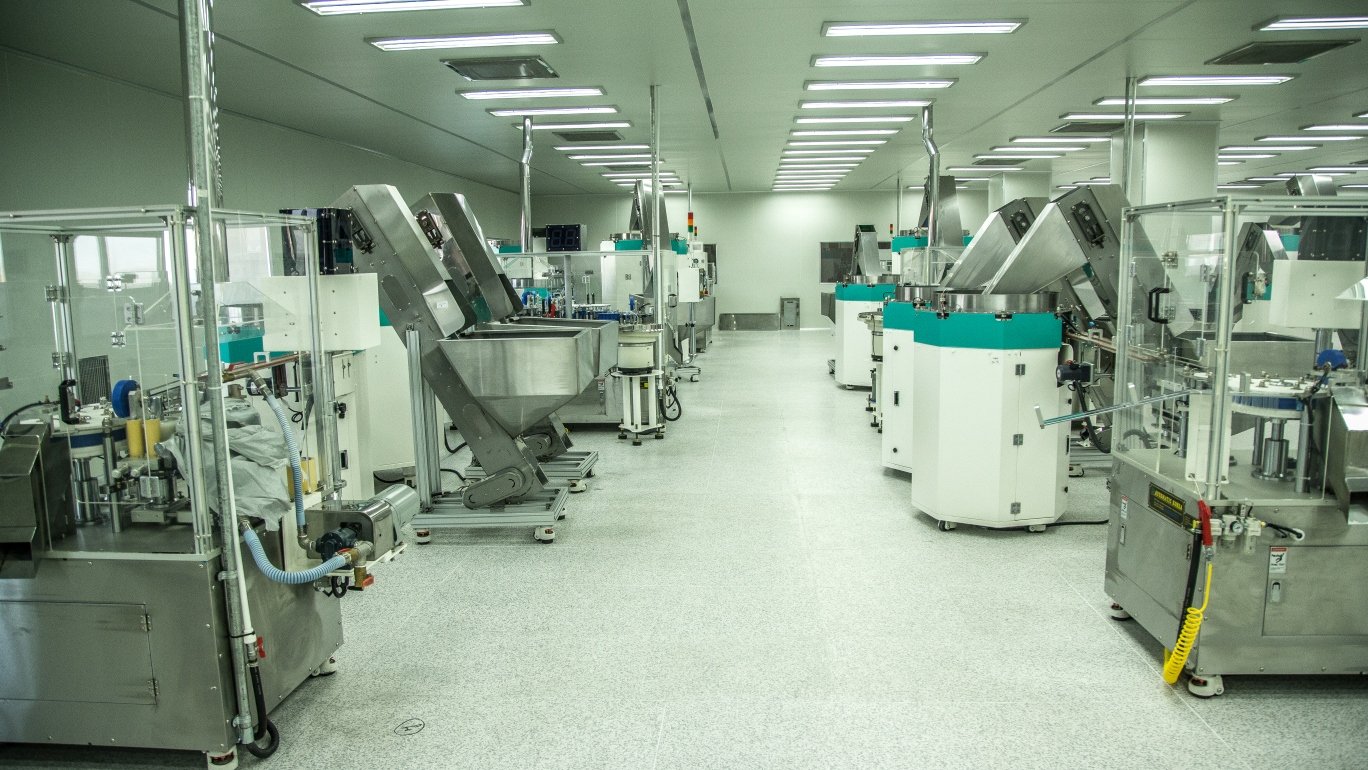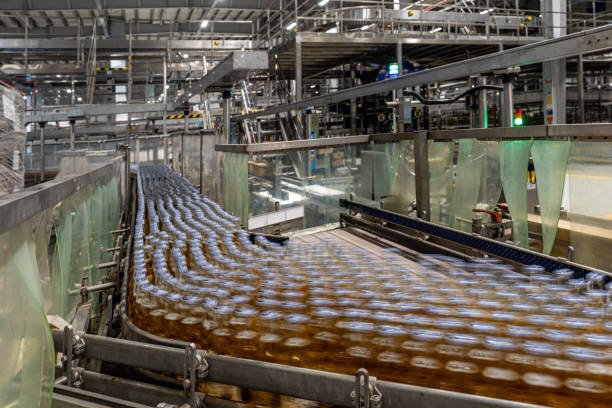How Can GMP Help Manufacturers Prepare for AI-Driven Quality Control?
Artificial Intelligence (AI) is transforming how manufacturers monitor, inspect, and control quality across production lines.
From real-time defect detection to predictive maintenance, AI-driven quality control is rapidly becoming the new industry standard.
However, AI technology alone isn’t enough. To be effective, it needs a strong GMP (Good Manufacturing Practice) foundation.
Without standardized processes, validated data, and traceable documentation, AI cannot function reliably — or meet regulatory expectations.
Here’s how GMP compliance helps manufacturers get ready for the future of AI-powered quality systems.

1. Provides the Structured Framework AI Needs
-
AI relies on consistent, high-quality data to deliver accurate results.
-
GMP ensures:
-
Standardized operating procedures (SOPs)
-
Controlled batch and production records
-
Validated testing methods and parameters
-
-
This structure allows AI systems to learn from clean, reliable data instead of inconsistent inputs.
2. Ensures Data Integrity for Machine Learning
-
GMP’s data integrity principles (ALCOA+) — Attributable, Legible, Contemporaneous, Original, Accurate — are essential for AI readiness.
-
AI models can only be trusted if their training data is:
-
Verified and traceable
-
Free from manipulation
-
Properly documented
-
-
Data integrity compliance prevents “garbage-in, garbage-out” AI errors.
3. Enables Validation of AI Systems
-
GMP requires equipment and process validation — a concept easily extended to AI tools.
-
Before using AI for quality decisions, manufacturers must validate that it:
-
Performs consistently
-
Produces repeatable results
-
Is free from software or algorithmic bias
-
-
Aligns with regulatory expectations under FDA 21 CFR Part 11 and EU GMP Annex 11.
4. Supports Risk-Based Quality Management
-
GMP’s risk management framework (ICH Q9) helps companies assess when and how to integrate AI.
-
Key considerations include:
-
Data security risks
-
Model accuracy and bias
-
Human oversight requirements
-
-
Ensures that AI is implemented responsibly and compliantly — not recklessly.
5. Strengthens Human-AI Collaboration
-
GMP promotes trained, competent personnel who understand procedures and limits.
-
When integrated with AI, this ensures:
-
Operators interpret AI alerts correctly.
-
Human judgment remains part of final quality decisions.
-
Training records prove staff competency in AI-assisted environments.
-
-
Creates a balanced “human + machine” ecosystem in manufacturing.
6. Enhances Real-Time Quality Monitoring
-
AI systems thrive in environments with consistent GMP controls.
-
With proper documentation and sensors in place, AI can:
-
Detect process deviations in real-time
-
Predict contamination or equipment failure
-
Trigger automatic corrective actions
-
-
Turns reactive GMP inspections into proactive quality control systems.
7. Improves Traceability and Audit Readiness
-
AI-driven analytics often generate vast amounts of process data.
-
GMP ensures this data is:
-
Traceable to batch numbers and operators
-
Securely stored for audits
-
Integrated into existing documentation systems
-
-
Simplifies regulatory inspections while demonstrating digital transparency.
8. Prepares Manufacturers for Regulatory Evolution
-
Global regulators (FDA, EMA, WHO) are developing AI validation frameworks.
-
Companies with GMP foundations will adapt faster because they already have:
-
Risk-based quality systems
-
Validation protocols
-
Documentation culture
-
-
Future-proof your factory by combining AI innovation with GMP discipline.
9. Encourages Continuous Improvement Through Data Analytics
-
GMP’s principle of continuous improvement aligns perfectly with AI’s ability to learn.
-
AI can analyze GMP data to:
-
Identify recurring deviations
-
Suggest process optimizations
-
Predict batch failures before they occur
-
-
Helps achieve data-driven, preventive quality management.
10. Opens Doors to Smart Factory Transformation
-
By integrating AI within a GMP framework, manufacturers can evolve toward Industry 4.0 compliance.
-
Key enablers include:
-
Digital batch records (eBMR)
-
Automated environmental monitoring
-
Predictive quality analytics
-
-
The result: Higher efficiency, lower cost, and stronger regulatory confidence.
🌍 Final Thoughts
GMP isn’t just about compliance anymore — it’s the foundation for digital transformation.
As AI becomes the future of quality control, GMP provides the structure, documentation, and trust that makes automation reliable and auditable.
👉 At CAYS Scientific, we help manufacturers modernize GMP systems for AI-driven quality management, ensuring compliance, data integrity, and long-term readiness for smart manufacturing.



